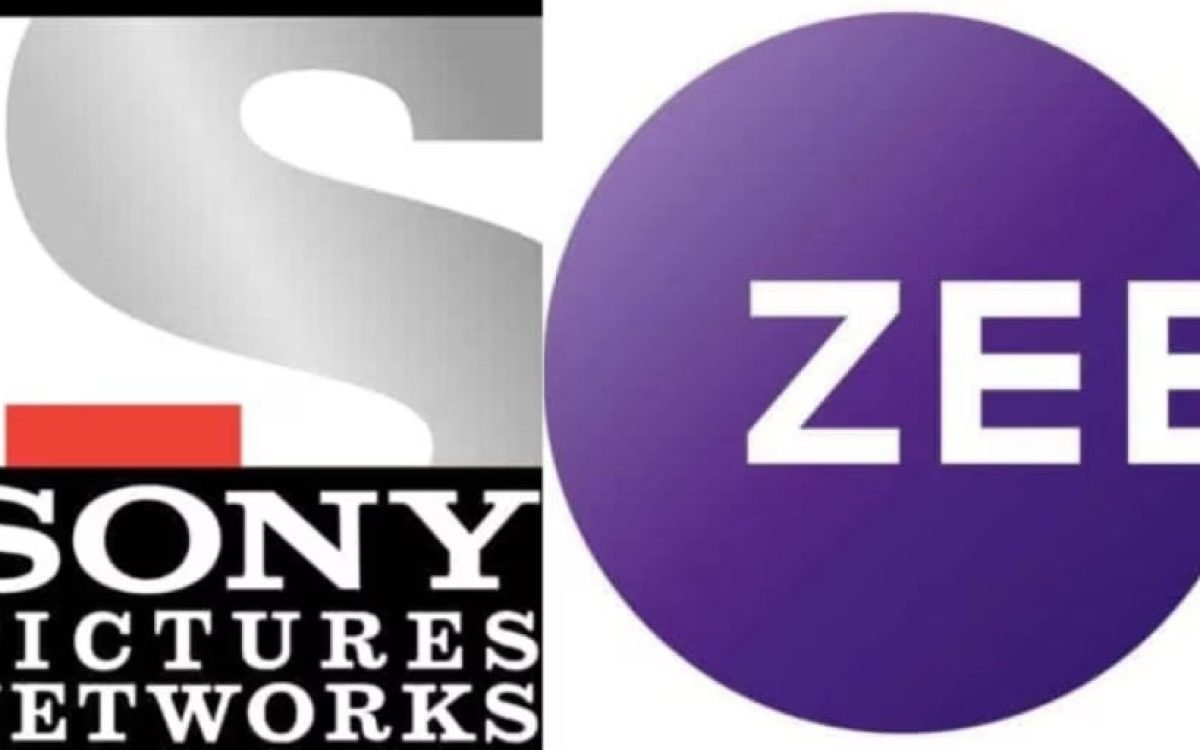In a dramatic turn of events, Sony’s merger plans with Zee in India have hit a roadblock. The tone of Sony’s statement from India was notably angrier, expressing disappointment over the failure to meet closing conditions by the January 21 deadline. Despite over two years of negotiations, the parties couldn’t extend the merger cooperation agreement. Sony remains committed to expanding in India but stated no anticipation of a significant financial impact due to the termination. However, potential repercussions linger, with Sony possibly facing legal challenges from Zee or its shareholders.
The termination of the definitive agreements might not come without consequences. While Sony might have initially been obligated to pay a $100 million termination fee, the expiration of the penalty clause raises questions. On the other side, Zee asserts that Sony is now seeking a $90 million termination fee, alleging breaches by Zee of the merger cooperation agreement. Zee firmly denies these claims, setting the stage for potential legal battles and arbitration.
The fallout from this failed merger raises uncertainties for both companies, emphasizing the intricacies and challenges of navigating such complex business agreements in the dynamic media landscape. As Sony seeks a way forward in the vibrant Indian market, the aftermath of this failed merger may have lasting implications for both corporate giants.
Responding Strategically: ZEEL Faces Fallout from Failed Merger
Following the breakdown of the Sony-Zee merger, ZEEL’s Board of Directors is actively exploring available alternatives. With a commitment to protecting long-term interests, the board plans to take decisive steps, including potential legal action, to counter claims made by Culver Max and BEPL in arbitration proceedings. Despite significant efforts and costs invested in the merger, ZEEL remains resilient, expressing dedication to evaluating both organic and inorganic growth opportunities.
An Unrealized Vision: The Stalled Merger Between ZEE and Culver Max Entertainment
Originally envisioned as a groundbreaking deal, the merger aimed to consolidate numerous TV channels, streaming services (ZEE5 and Sony LIV), and film studios. This ambitious move sought to establish dominance in India’s linear TV market and fortify their position in the dynamic streaming sector. Proposed in 2021 and formalized in December of the same year, the deal faced a lengthy approvals process, extending beyond the initially set deadline.
Regulatory Challenges and Market Dynamics
While the deal secured approval from regulatory bodies, including the Competition Commission of India (CCI), stock markets NSE and BSE, shareholders, and creditors, it faced delays. India’s stock market regulator, the Securities and Exchange Board of India (SEBI), added a layer of complexity. SEBI’s investigative report, critical of Zee founder Subhash Chandra and CEO Punit Goenka, alleged self-serving actions and fund mismanagement.
Navigating a Shifting Landscape
As ZEEL navigates the aftermath, the company stands at a crossroads. The failed merger prompts strategic reassessment, with the board emphasizing the evaluation of organic and inorganic growth avenues. This episode not only sheds light on the intricacies of large-scale business deals but also underscores the challenges posed by regulatory hurdles and evolving market dynamics in the Indian media landscape.









